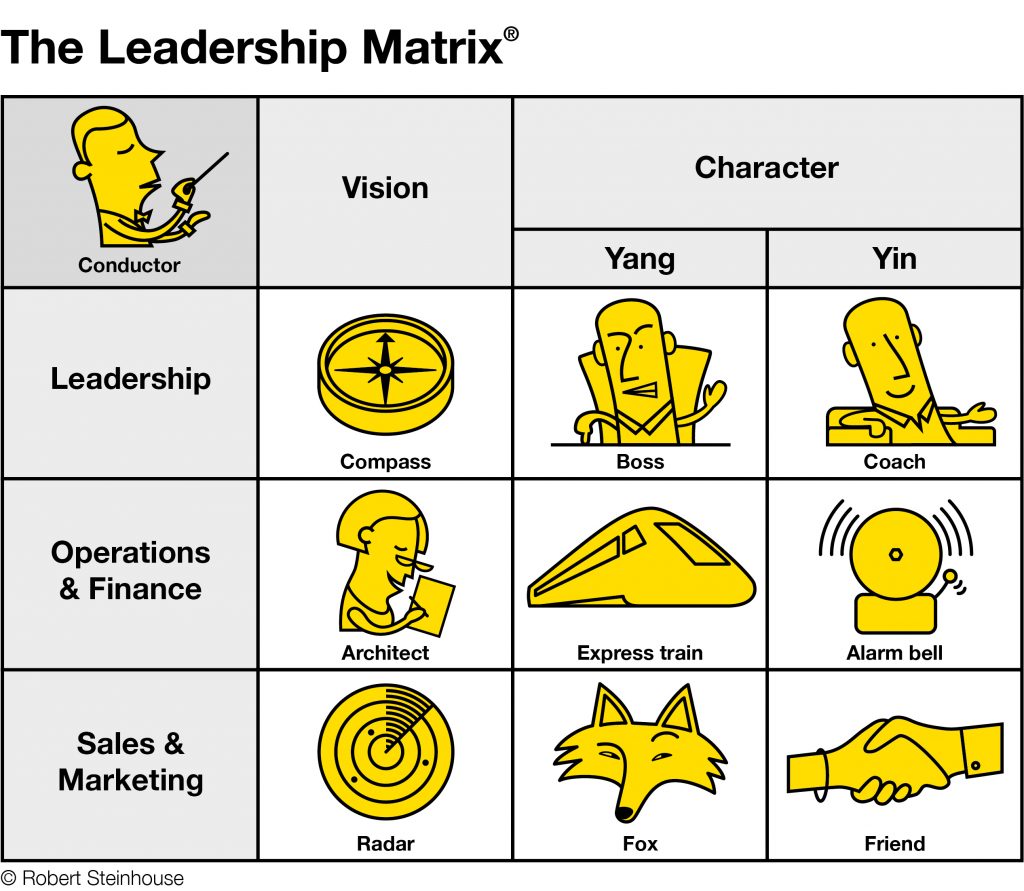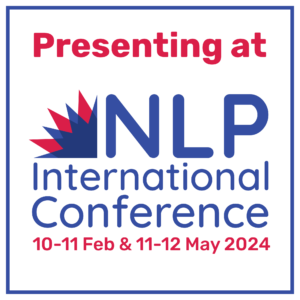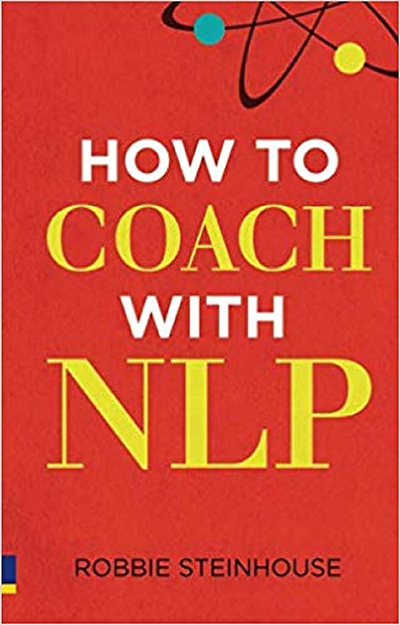A Crisis of Leadership?
Is there a crisis of leadership? I am currently writing a book on leadership, and am deeply worried about what seems like a shift towards an unstable organisational culture.
My concern is that a new era of aggressive, impulsive leadership is being silently ushered in, with many too numb or cynical to know how to react.
I also believe that the reason this approach has gained so much traction, is a confusion between being powerful and being aggressive. Having the courage to be powerful is an essential leadership trait. Firstly, simply being able to hold your composure under a perceived threat, not necessarily doing anything, yet not being a ‘push over’ is essential. I also believe that everyone needs to be able to show grounded strength and power, if nothing else to ensure you are not subsumed by aggressive and unwise people.
Sadly, many people confuse being powerful with being aggressive, throwing the baby out with the bathwater and landing up feeling powerless and a victim. This fits neatly with my Leadership Matrix model based on archetypes or innate human energies. The little yellow characters represent a range of leadership archetypes: each are desirable, yet quite different depending on the situation that confronts the leader.

An illustration of being powerful, is the Boss archetype. Also, archetypes have shadows, the naturally occurring and potentially problematic over-expressions or repressions of that archetype. For instance, the shadow of the Boss archetype would be aggression or it’s repressed twin, victimhood.
My own view on leadership is that being powerful isn’t needed that often. To build a successful organisation, it is essential to establish mutual respect and trust within your close professional relationships, with people who have similar values. Thereafter, everyone can easily express their views – being rational and powerful as required.
An effective and competent culture will evolve, allowing focus on outcomes and problem solving, rather than wasting huge amounts of time with power-play and dramas, which drains energy and reduces effectiveness.
My background starting as an entrepreneur in my mid-twenties, meant that I had to learn the ‘trade’ of running a business as well as the mindset of other entrepreneurs. I have since had the opportunity to use my NLP modelling skills with leaders amongst the numerous students, clients and organisations I have worked with both on my public training at NLP School and through my private coaching practice.
I wanted to find out what makes leaders both successful and enduring. What I noticed, is that ‘success’ wasn’t confined to specific character types: the theatrical performer or the competent technocrat.
The people who succeeded seemed to have the ability to inhabit a wider range of personas, even though some came more naturally while others didn’t. What seemed universally important to these people, was to do the right thing, especially in high stakes situations. For example, the technocrat is still able to be charming and can attract new customers (the Friend) and the performer, can renegotiate a few clauses in a complex contract with specialist lawyers (The Architect).
What worries me about the current situation, is a macho backlash confuses domination with effectiveness. In a culture where dissenting voices are crushed, and people fear to express themselves, then the talents in a team are not harnessed. I believe a leader needs to see themselves as part of a team who are driven towards a common purpose, where every member (including the leader) is willing to put that purpose above their own ego. Robust and truthful discussions become easy, not antagonistic. The payoff is incredible performance.
History is full of stories of leaders who put their ego above running an effective organisation. The culture then switches to appeasing the leader and keeping them in power. As Peter Drucker said, “Culture eats strategy for breakfast.”
Did you like this post?
Then check out our events and courses
Sign up to our e-learning
Subscribe to our Youtube Channel for videos on NLP, Coaching & Transactional Analysis
Where to find Robbie
LinkedIn: Robbie Steinhouse










